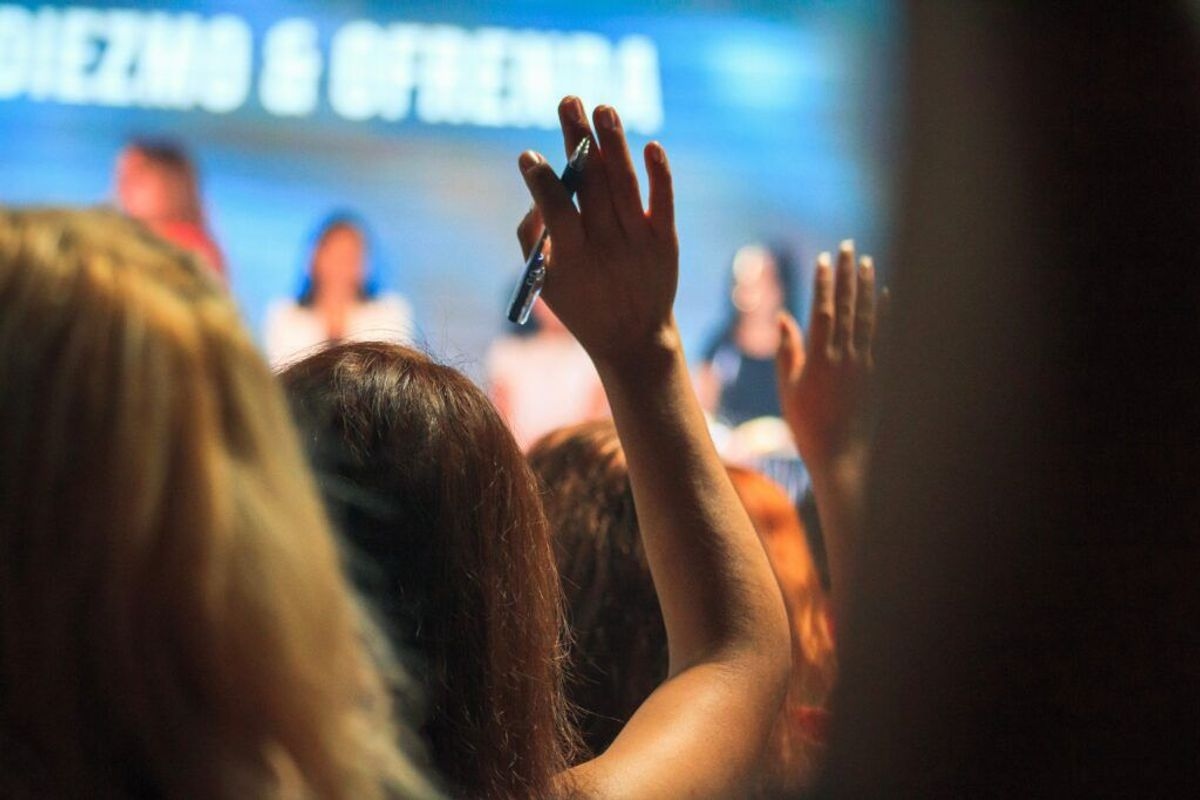
Young people want to understand how to their political societies function
photo: Elissa Garcia/Unsplash
Listening to The Rest is Politics on my journey into the office recently, Alastair Campbell and Rory Stewart answered a listener’s question asking whether or not they thought GCSE political education should be compulsory.
My ears pricked up. Citizenship Studies, one of my specialities, will be written all over this discussion.
But it didn’t get one mention.
Campbell, famously Tony Blair’s director of communications, and ex-Conservative cabinet minister Stewart, shared their experiences of going into schools and being surprised and even ‘shocked’ at how little students knew about the ‘gritty business’ of politics.
They spoke eloquently about the need to teach young people not just about the ‘superheroes’ such as Gandhi and Martin Luther King but also about councillors, mayors and local MPs.
Campbell finished off saying: ‘It’s about trying to educate kids about how the country that they live in actually works.’
I couldn’t agree with this more. But it would be wrong to think there is a total void in the education of young people on this topic.
Let me fill in some of the blanks.
The National Curriculum, Campbell and Stewart will be pleased to hear, has a space for young people’s political education which runs from Key Stage 1 right through to Key Stage 4.
At KS1 and 2 it sets out a programme of study that encourages schools to teach ‘the knowledge, skills and understanding’ of citizenship.
This includes giving children the chance to participate in decision-making processes so they can ‘relate it to democratic structures and processes such as councils, parliaments, government and voting.’
Yes, the programme is not compulsory – but it is very common for primary pupils to follow it, for example by getting involved in school councils and class rep elections.
Many schools also take children on trips to parliament and local MPs often go into schools to talk with students.
Citizenship Studies then becomes compulsory in secondary education where students can also choose to sit a GCSE in it.
Students learn about the development of the UK’s political system, the roles of citizens, political parties, parliament and the monarchy at KS3.
Voting and elections form part of their studies as well
By the end of KS4, they’re expected to understand key parts of the constitution, the roles of the executive, legislature, judiciary and the press. And students should also know how those in power are held to account.
All of these topics are well covered in AQA’s Citizenship Studies GCSE.
Its specifications cover local government elections and functions, civic participation, the civil service, the devolved governments and their powers, the roles of the Lords and Commons and the relationship between them and much more.
Campbell and Stewart are right that children do need to know about the way the country’s political systems work at every level.
But instead of creating something new, why not utilise and improve on what already exists?
Teaching children about their roles as citizens in a vibrant democracy is vital.
But only doing it during Drop Down Days or an assembly, or tagging it on to PHSE is insufficient.
Students not only need to know about how governance works, they want to know about it.
We are living in an age of growing social activism – for example the BLM, Extinction Rebellion and Just Stop Oil movements, as well as those who disagree with them.
All of this coincides with the growing popularity of A Level Political Studies – and GCSE Citizenship Studies is a perfect feeder course into that.
If two well-informed figures such as Campbell and Stewart do not know there is a 10-year programme to educate children about the UK’s political system already in existence, maybe we all need to do more to promote it.
Read more:
Decoding English as an additional language
Maths and numeracy don't equal the same
SEND arts barriers can be broken down
Read more by this author: How does Religious Studies survive as secularism grows?









